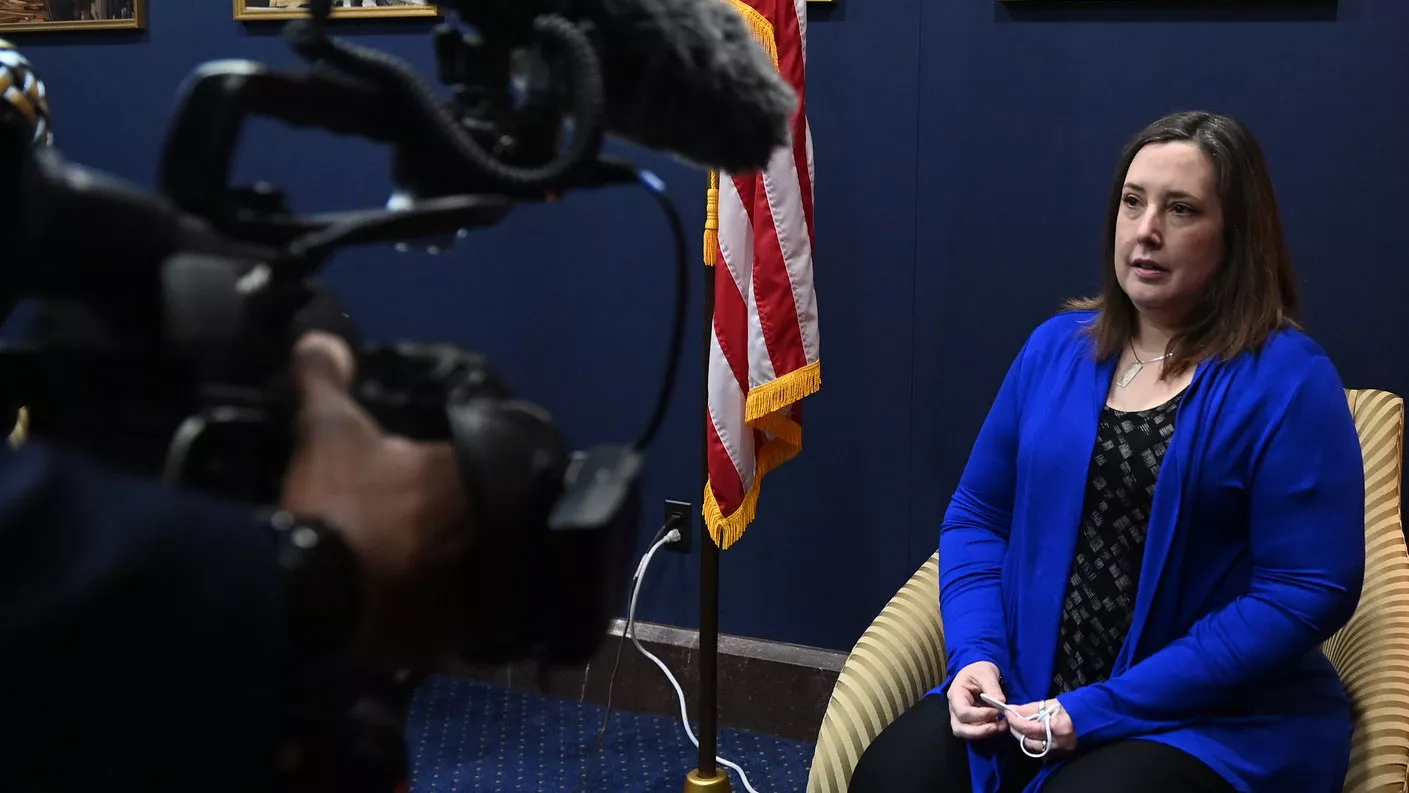Speaking to the press and writing letters to the editor are classic protected First Amendment activities, provided you make clear you are not speaking on behalf of your employer and your speech does not “materially disrupt [] classwork” or involve “substantial disorder or invasion of the rights of others.”Tinker v. Des Moines Indep. Cmty. Sch. Dist., 393 U.S. 503, 513 (1969); Mahanoy Area Sch. Dist. v. B.L., -- U.S. --, 141 S. Ct. 2038, 2047-48 (2021). Go to reference
You should rarely, if ever, publicly speak critically about specific students. And as always, you should be respectful, even when being critical.
Even if speech is made off-campus, it can lose protection for foreseeably causing a material disruption at your institution where, for example, the speech threatens or harasses a student or educator publicly on social media.Kowalski v. Berkeley Cty. Schs,, 652 F.3d 565, 573-74 (4th Cir. 2011); Bell v. Itawamba Cty. Sch. Bd., 799 F.3d 379, 398-400 (5th Cir. 2015). Go to reference
Similarly, if your speech defamed someone it would no longer be protected by the First Amendment. If your protest activity is reported in the press, that activity generally is protected by the First Amendment. You could lose that protection if your protest activity results in “substantial disorder,”Tinker, 393 U.S. at 513. Go to reference as would be the case where a protest turns violent or involves participants breaking the law.
Tenure will also provide some measure of protection for such speech and activity, but tenure laws generally hold educators to higher standards than other members of the public.
Speech or activities that are out of step with community norms are generally not protected under tenure laws.
- Tinker v. Des Moines Indep. Cmty. Sch. Dist., 393 U.S. 503, 513 (1969); Mahanoy Area Sch. Dist. v. B.L., -- U.S. --, 141 S. Ct. 2038, 2047-48 (2021).
- Kowalski v. Berkeley Cty. Schs,, 652 F.3d 565, 573-74 (4th Cir. 2011); Bell v. Itawamba Cty. Sch. Bd., 799 F.3d 379, 398-400 (5th Cir. 2015).
- Tinker, 393 U.S. at 513.
This page is intended to provide general information. For specific advice, you should always contact your local union or attorney.
Join Our Movement



